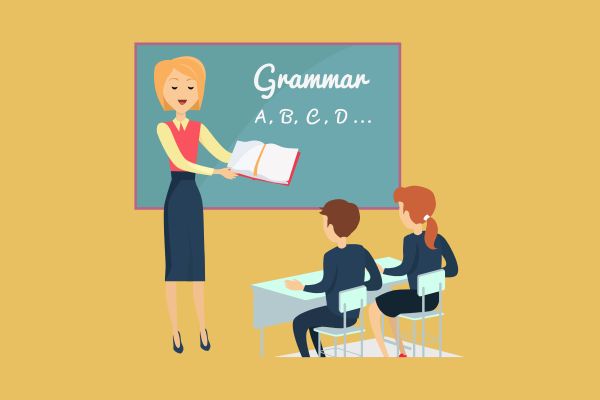
The future tenses in English refer to actions or events that will happen in the future. There are four main types of future tenses, each serving a specific purpose in expressing different aspects of the future:
The Simple Future tense is used to describe actions that will occur in the future. It is formed with the modal verb “will” (or “shall” for the first person singular and plural) + the base form of the main verb:
The Simple Future is often used in the following situations:
Example: We will travel to Europe next summer.
Example: It will rain tomorrow.
Example: I will help you with your project.
The Future Continuous tense indicates an ongoing action that will take place at a specific time in the future. It is formed with the modal verb “will” + the verb “to be” (shall also be used for the first person singular and plural) + the present participle (the -ing form of the main verb):
The Future Continuous is often used in the following situations:
Example: At this time next week, I will be attending a conference.
Example: They will be having dinner when the guests arrive.
The Future Perfect tense is used to express an action that will be completed before another specified point in the future. It is formed with the modal verb “will” + “have” + the past participle of the main verb:
The Future Perfect is often used in the following situations:
Example: By the time you arrive, I will have finished my work.
Example: In five years, he will have travelled to many countries.
The Future Perfect Continuous tense describes an ongoing action that will be completed before a specified point in the future. It is formed with the modal verb “will” + “have been” + the present participle (the -ing form of the main verb):
The Future Perfect Continuous is often used in the following situations:
Example: I will have been studying all day by the time the exam starts.
Example: He will have been working for the company for ten years in September.